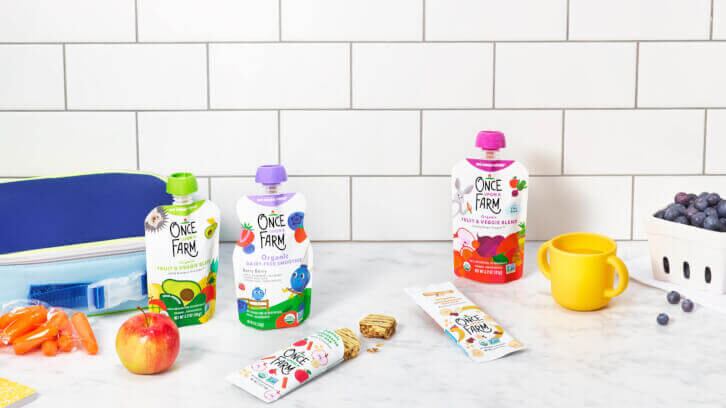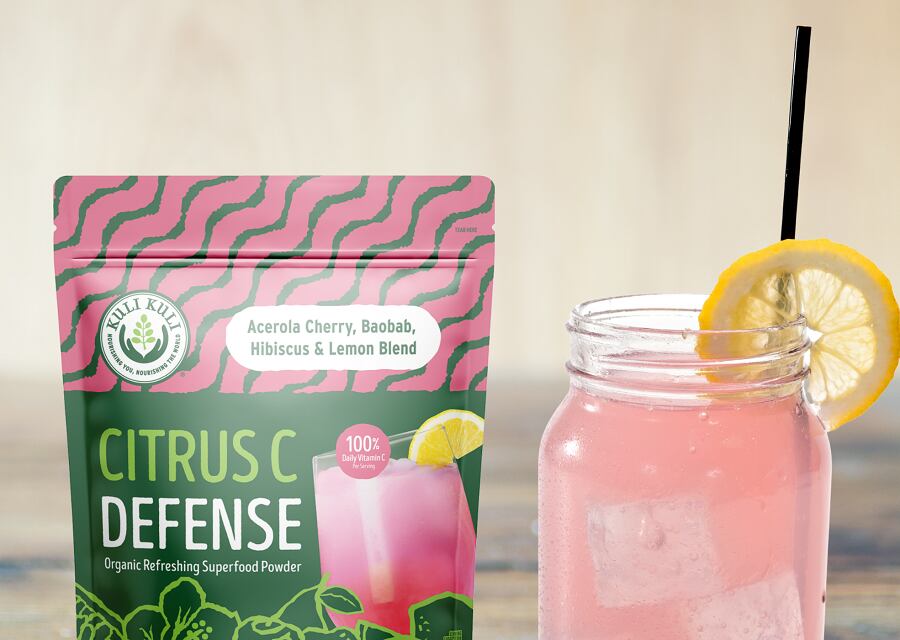Straus Family Creamery in Northern California is helping to pioneer a more sustainable way to manage cows as part of its broader effort to become one of the first carbon neutral dairy farms in the US.
“Four years ago, I gave a goal to my sustainability director to be carbon neutral on my dairy by 2022 and to expand it to all our dairies by 2030,” Straus Family Creamery Founder and organic dairy farmer Albert Straus told FoodNavigator-USA at Natural Products Expo West this month.
He explained that his goal, which the 13 independent family farm partners that supply milk for Straus are replicating, balances on four prongs, which together make the carbon footprint of the milk coming from Straus Family Creamery dairies “equal to or lower” to plant-based dairy alternatives.
The first prong is to feed red seaweed to cows to reduce enteric methane from belches. As a participant in a pilot program that tested the efficacy of the additive with approval from the USDA National Organic Program and California Department of Food and Agriculture, Straus said a quarter pound of red seaweed in a 45-pound diet can reduce enteric methane from belches an average of 52% and up to 95%.
While the additive is not yet approved by FDA, the agency’s Center for Veterinary Medicine recently withdrew its policy manual for regulating animal feed additives to help streamline the approval process for innovative feed additives, like red seaweed.
The second prong of Straus’ plan is to reduce methane emissions from cow manure by covering anaerobic ponds that collect manure and emit methane. This allows the farm to capture the methane, which it then uses as fuel to produce the electricity for the farm.
The third prong was to create a carbon farm plan that uses compost and an intentional grazing strategy to pull carbon from the atmosphere into the soil.
“It has been recognized internationally as one of the only ways to reverse climate change, rather than just reduce it,” said Straus. “My assertion is that livestock have an essential role in reversing climate change.”
Finally, Straus replaced the truck that feeds his cows, along with a John Deere loader, with electric versions which he powers with the methane he captures. He even worked with carmaker BMW Group to create a first-of-its kind farm-to-electric pathway collaboration to supply electricity to BMW’s electric vehicles via California’s Low Carbon Fuel Standard Program.
Last year, Straus Family Creamery began offering an incentive in the milk checks to its dairy farm partners that replicated these climate solutions. In the first year of the Organic Dairy Sustainability Incentive Program, participants received $250,000 in incentives.
Business benefits of sustainable practices
These practices are not only better for the environment, they also are better for business, produce better products and help build a better community, said Straus.
“All these sustainability practices actually have a fast and big return for their investment,” he said.
For example, using carbon and an intensive rotational grazing method, Straus’ farm was able to harvest 1,200 tons of silage despite the drought, which saved him between $100,000-$150,000 in feed costs.
Switching to electric vehicles powered by methane “is a no brainer” because the farm does not need to pay for diesel, he added. Likewise, he is able to earn money from the carbon credits he sells to BMW.
Straus is also able to build a better farming community by having his management team hand deliver incentive payments to participating dairies, which allows each partner to teach and learn from the other.
By taking better care of his cows and farmland, Straus says he is able to create a higher quality product, including two Organic Lowfat Kefirs available in blueberry and plain that the company sampled at Expo West.
Straus encourages more farmers to follow his lead
Straus intentionally made his carbon reduction plan as replicable as possible. He encourages other farmers to have a “big vision and look at the whole farming system” for ways they can improve sustainability and turn “upside down” the criticisms people have about cows’ environmental impact.
“This vision and this idea about the bigger picture and how we can really benefit not only yourself but the community is something that I take to heart,” said Straus.



